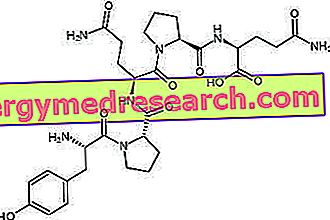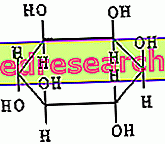What is the Essudato?
The exudate is a liquid of variable consistency that is formed during acute inflammatory processes of various kinds, accumulating in tissue interstices or in serous cavities (pleura, peritoneum, pericardium).
The exudate derives from the blood plasma which, following the inflammatory-dependent increase in capillary permeability, tends to escape and accumulate in the tissues.

Why did you form?
Purpose of the exudate is to circumscribe the morbid process, preventing the spread of pathogens (thanks to the fibrin network), dilute any toxic substances, neutralize the hyperacidity of the inflamed tissue and promote the activity of leukocytes and the formation of fibrin. The exudate also facilitates the transport of the antigens to the local lymph nodes, through lymphatic drainage, for the specific immune response.
Types of exudate
According to the composition, the exudate can be:
- serous : it is generally typical of milder inflammatory processes and low in proteins; its consistency is similar to that of serum and can occasionally be found in certain diseases, such as tuberculosis.
- Fibrinose : this type of exudate, rich in fibrinogen and fibrin, is characteristic of rheumatic heart disease, but is also appreciated in rather severe inflammatory processes, such as bacterial pneumonia and streptococcal pharyngitis. The fibrinous exudate regresses with difficulty because the blood vessels grow inside it and fill the space previously occupied by fibrin. Often for the resolution it is necessary to use important quantities of antibiotics.
- Suppurative or purulent (pus): this yellowish exudate of creamy consistency is typical of infected wounds and consists mainly of decaying bacteria and white blood cells.
- Catarral: this exudate is typical of the respiratory tract and is characterized by a high concentration of mucus.
exuding
The exudate must not be confused with the transudate, which is not formed as a result of inflammatory processes and as such is free of proteins and cells.
The transudate derives from the increase in venous pressure (therefore capillary), in the absence of increased vascular permeability (eg postural edema).



